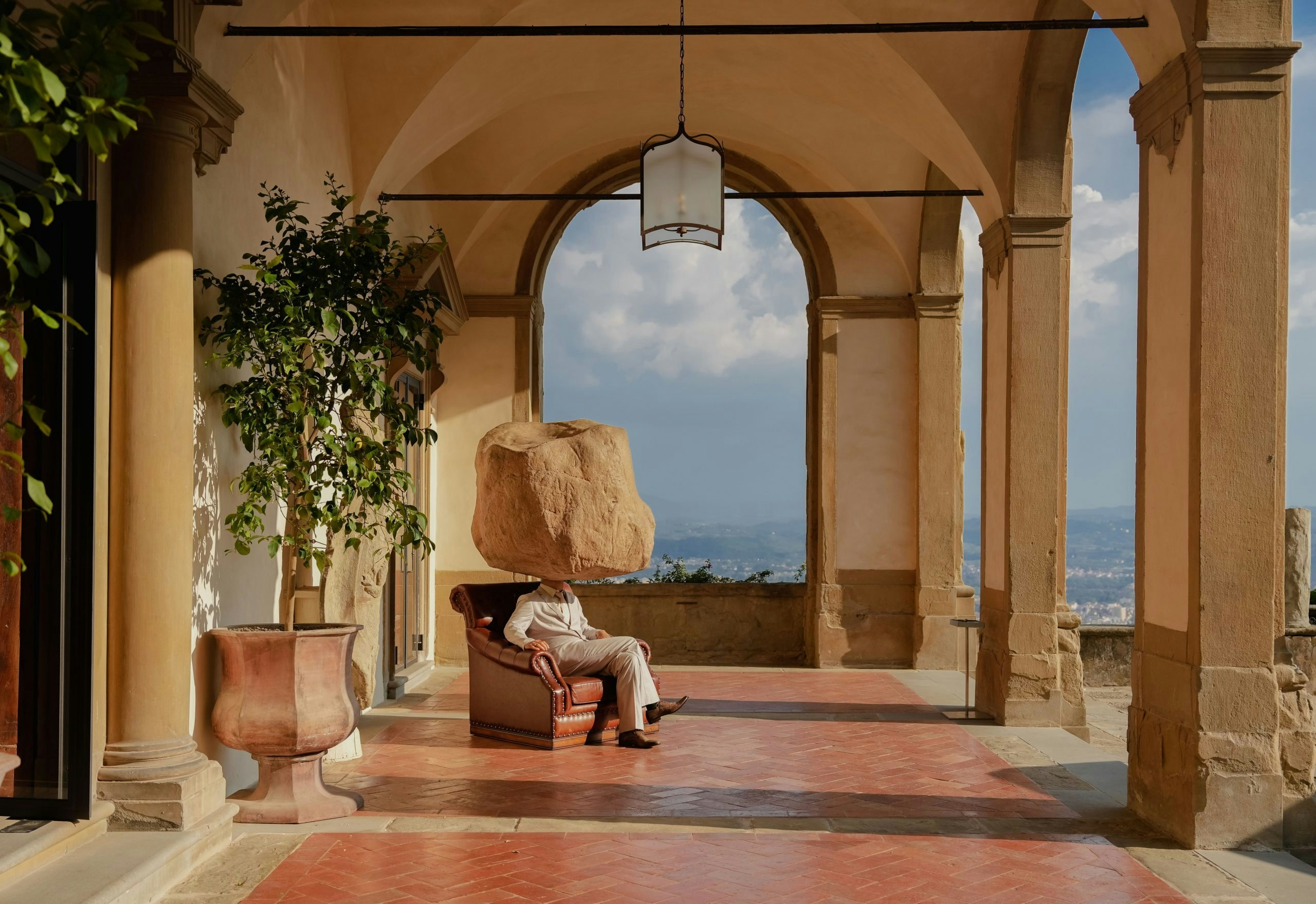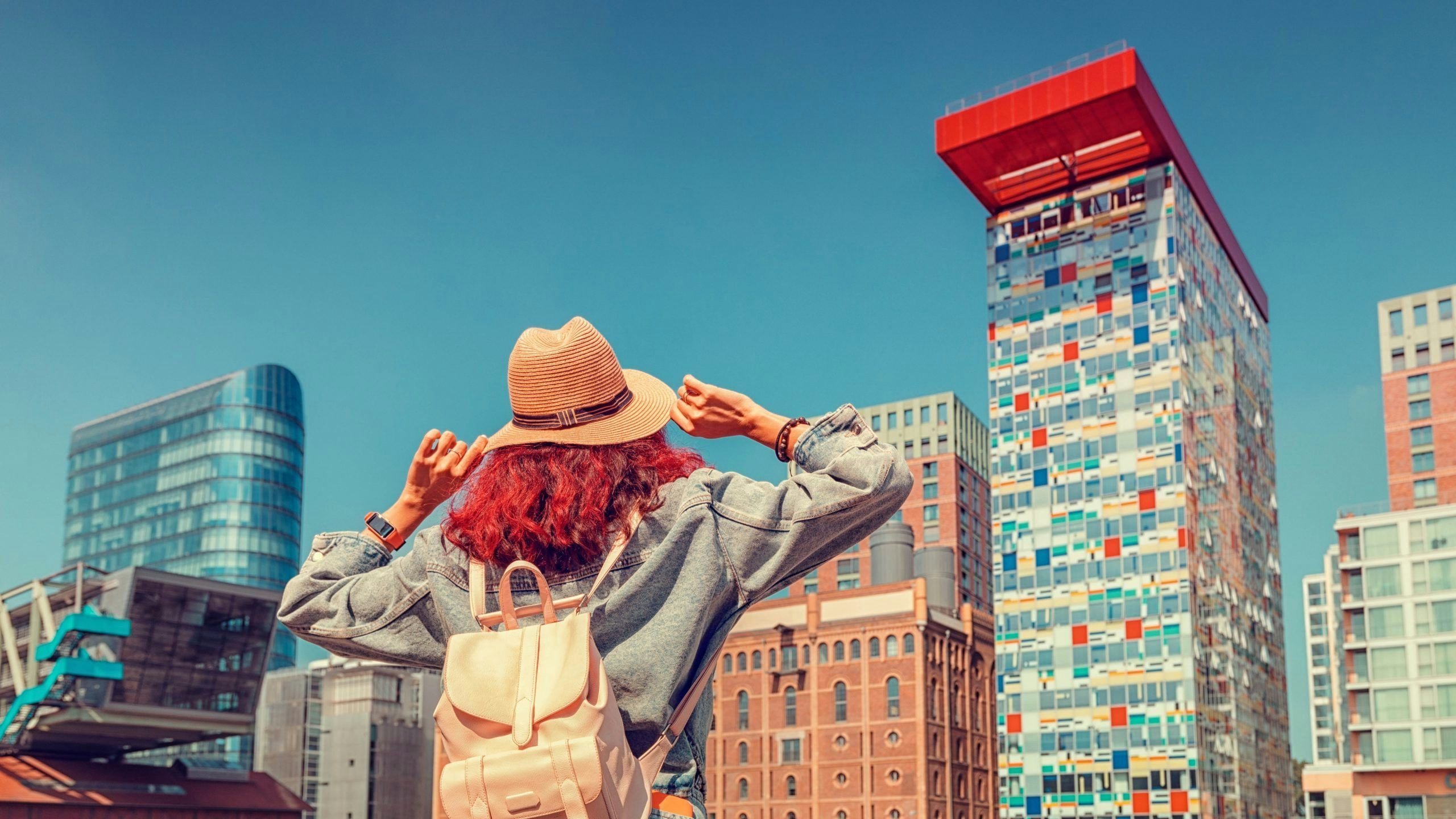On a clear day from the Belmond’s Villa San Michele Hotel, the glow of a golden sunset outlines the layered facades of Florence’s ancient city below — a composition rivaling famous Renaissance paintings. The bold Teenager Teenager installations by famed Chinese contemporary artists Sun Yuan and Peng Yu cut an imposing figure at the Tuscan sanctuary.
The art duo, through the Belmond’s new Mitico arts program, in partnership with Galleria Continua, meets the likes of Leonardo DaVinci, Michelangelo, and other Italian Renaissance greats at the iconic luxury hotel.
For the first time in a while, partly due to pandemic travel restrictions, Villa San Michele’s GM Sofia Peluso observes a new influx of Asian and Chinese guests this summer.
“We have some mainland Chinese, a lot from Hong Kong too, Korean and Taiwanese," says Peluso. "Certainly, we’ve noticed more [visitors], and noticed a genuine interest in art from that part of the world."
During the upcoming Mid-Autumn Festival and National Day holidays, outbound tourism is expected to soar, with Ctrip and Fliggy reporting a more than twentyfold increase in bookings. For destinations like the US, UK and Europe, where visas are required, embassies are still dealing with a backlog of applications as pent-up demand for travel has yet to be fully unleashed.
Rebound travel: Slower and more experiential#
A report by Finn Partners titled the "Outbound Rebound: The Return of Chinese Travelers" states that “seven out of 10 people favor “a slow-paced leisure experience that offers a sense of authenticity and exclusivity rather than an itinerary jam-packed with activities,” says Chen Bao, Director and Country Head at EHL Group China. Even China’s famous tourist shoppers, now the top spenders globally, have shifted their habits since the pandemic.
After three years of being stuck inside China, the majority of Chinese tourists now “want to stay longer per trip, with 72 percent planning to vacation from six to over 10 days in 2023,” according to the Finn report.
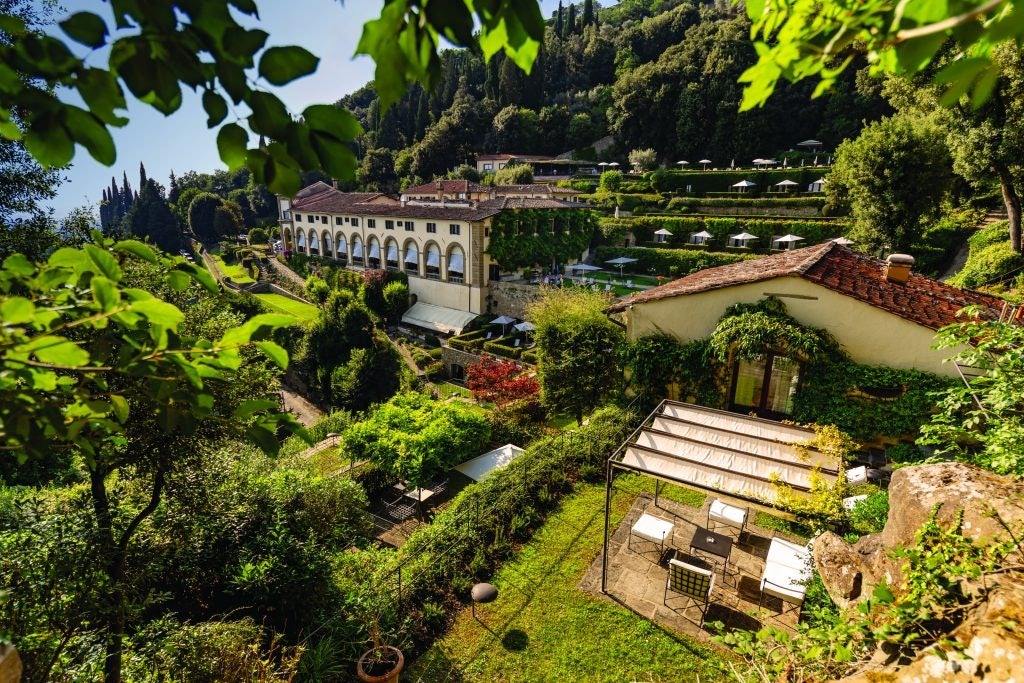
“At Belmond and specifically our hotel, there’s an eagerness to stay longer at the properties after the pandemic," Peluso adds. "People want to enjoy slower experiences instead of just fast, and we have the curated tours and activities like the Art of Making city tour (focused on Florentine creativity and craft) as well as the Mitico arts program to cater to this.”
LVMH’s acquisition of the luxury hospitality Belmond Group in 2018 has also added interest, with luxury hotel brands driving affluent Chinese to certain destinations.
An increase in the demand for multi-generational travel and longer stays, following years of travel uncertainty, “means that Chinese tourists are keen to get away with their loved ones," says Sonu Shivdasani, CEO and co-founder of Soneva Resorts. “As such, at Soneva we have created attractive packages with unique experiences for families traveling with their children. Soneva offers two of the most incredible kids clubs in the Maldives where children are inspired to learn, stay and get creative.”
That’s good news for luxury properties that offer a resort vibe. Hospitality players like Soneva Group, Banyan Tree and LVMH’s Belmond are all continuing to invest in experiences to entertain guests for longer.
Cultural immersion, local cuisine, wellness and nature#
Just a few hours' drive away from Villa San Michele is the Belmond’s Castello di Casole in a spectacular corner of the Tuscan countryside. With a castle dating back to the 10th century on a site stretching back to the Bronze Age, the Italian getaway is where art and ancient culture meet beautiful panoramic vistas, vineyards and groves, farm-to-table dining, botanical and creative workshops and expert archaeological tours. Artifacts from Etruscan farmers found across the grounds are now on display on sites across the hotel.
Wholesome local outdoor activities like truffle hunting, horseback riding, movie nights in an ancient amphitheater and star gazing entice guests looking for immersion and escape.
“As the Chinese luxury travelers become more discerning and experienced, they are looking for more personalized and authentic experiences that allow them to connect with local cultures and communities,” explains Chen.
Such activities satisfy Chinese travelers' growing appetite for off-the-beaten-path destinations and activities. “Eco-tourism, adventure travel, health and wellness, cultural immersion experiences, and last but not least, luxury accommodation are all set to be high priorities for wealthy Chinese travelers," Chen adds.
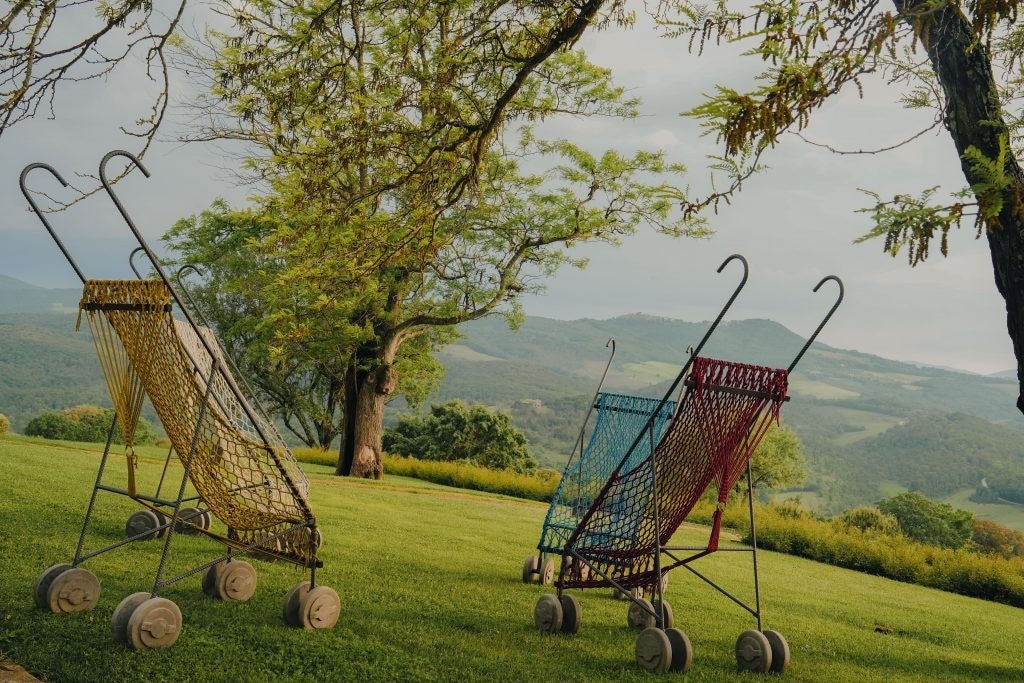
Nari Ward's Stallers installation dots the vast 4,200-acre Castelo di Casoli estate, offering up mediation and contemplation — wellness activities that have grown increasingly popular among Chinese consumers, as outlined in our Jing Daily China webinar.
Similarly, Soneva has developed a host of Soneva Soul programs focused on physical and mental wellness, detoxing, sleep health, Ayurveda and Traditional Chinese Medicine.
Tailored and personalized#
“In response to these evolving demands, luxury brands and hospitality providers have started offering tailored experiences that cater to Chinese luxury travelers,” Chen tells Jing Daily. These include comprehensive curated itineraries, private access to cultural sites, immersive activities, and opportunities to connect with local communities. He believes that tailored experiences hold the key to Chinese tourists' loyalty.
Villa San Michele’s ‘The Art of Making" Florence city tour, for example, can be curated to personal interests, focusing on crafts, men's and women's fashion, or even Florentine perfume. Luxury events with brands like Cartier and Chanel at the hotel have also attracted some Asian celebrities and boosted the property's exposure.
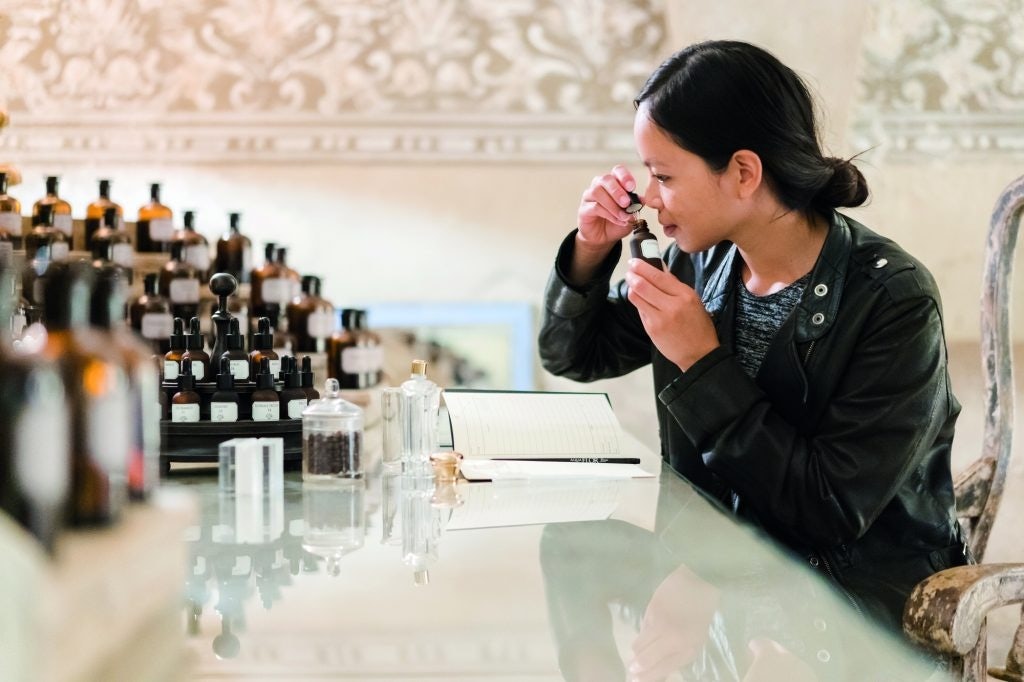
Meanwhile, Castelo di Casole offers private archaeological and cultural tours by local experts. The "Living like an Etruscan" tailored tours can include a visit to an archeological museum in Casole d'Elsa, guided by Etruscan history expert Marco Bezzini. There's also a plethora of bespoke dining experiences, including farm-to-table culinary workshops, private picnics and romantic dining from a tree-shaded hanging table.
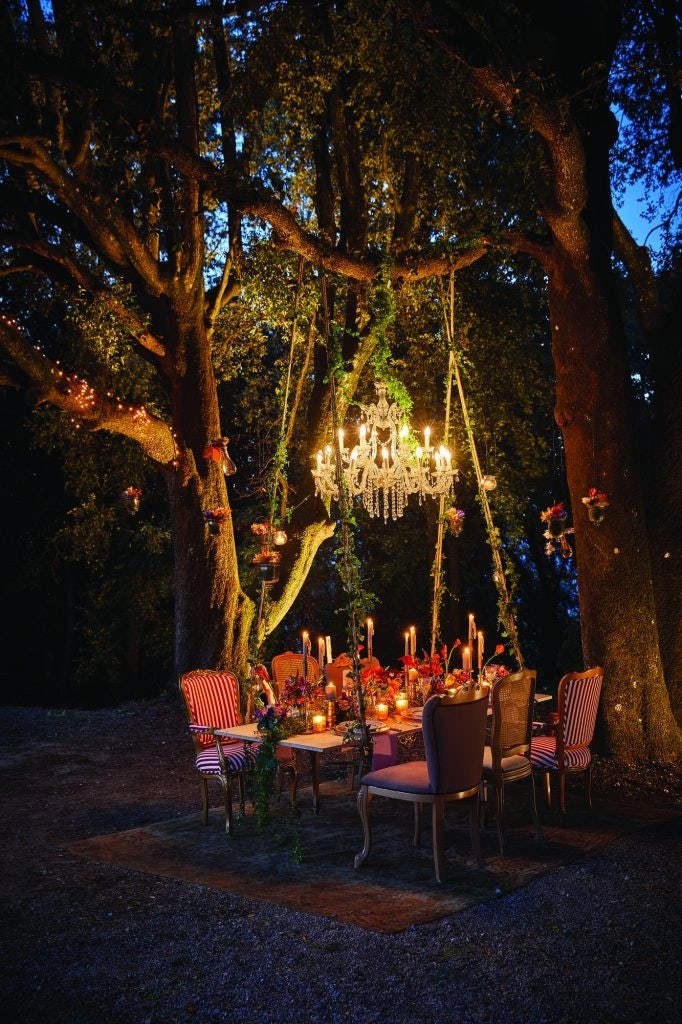
Michelle Ng, The Banyan Tree Resorts and Hotels’ AVP and Head of Consumer Insights, says she sees Chinese travelers “searching more for suites and villas, or luxury products, not just on accommodation, but also various special experiences and activities.” The group has seen an over 200 percent year-on-year increase of enquiries from China in 2023, especially for their Thailand and Asia properties.
No going back#
For their first overseas trip in over three years, well-traveled Shanghai-based lifestyle editor Patsy Yang and her entrepreneur boyfriend have just landed in London for a two and a half week tour of the UK. Before 2020, she would travel overseas around four times a year.
“Surely now, aside from shopping, Chinese travelers want to experience a full package covering food and culture,” Yang says.
Her plans include sampling the best of London’s gastronomy and wine scene, taking the slow train to Edinburgh, whiskey tasting and heritage hunting, as well as taking in historical York. But what would her dream international trip be?
“I want a more once-of-a-lifetime experience like Belmond Andean Explorer in Peru," she says. "My desires when it comes to travel have definitely changed."
At the end of the day, luxury hospitality groups must remain agile to meet the changed priorities of well-heeled and experienced Chinese travelers like Yang, as well as high-net-worth individuals who are demanding experiences that are ever more exclusive, private, tailored and unique.
“After the pandemic, you just want to see and experience things you haven’t before," explains Yang. "I thought before that I would always have time and opportunity to see things later, but now, I think we just need to see and do things as soon as we can. Who knows what will happen in the future?”
